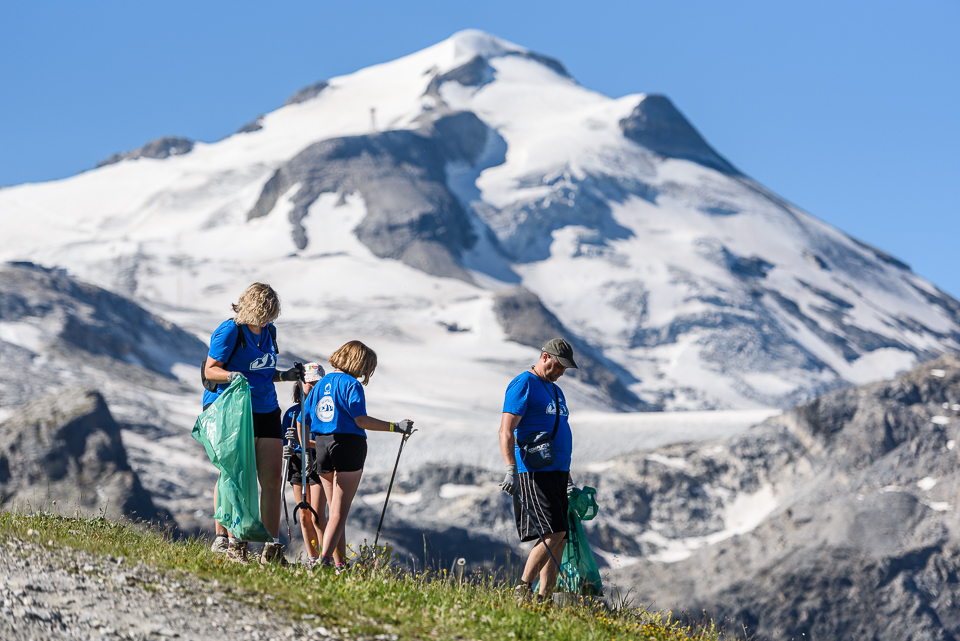
United Nations Environment Programme (UNEP). ‘Waste Management Outlook for Mountain Regions. Sources and Solutions’.
International Mountain Day, Sunday 11 December 2016
To mark International Mountain Day, UNEP has produced a dedicated report titled ‘Waste Management Outlook for Mountain Regions. Sources and Solutions’. It will be published on 11 December.
Its Executive Summary sets the scene for this groundbreaking report.
Mountains play an essential role in supplying water, energy, food and other services to millions of people living in the mountains and downstream. Ensuring the continued supply of these services has never been more important. However, many mountain regions are experiencing a growing solid waste problem, from ever-expanding urban sprawls and cities, increasing consumption patterns, existing and past mining operations, tourism activities and practices of illegal dumping. Steepness, remoteness, prevailing socio-economic conditions, and vulnerability to natural hazards, makes waste management in mountains more challenging than in lowland areas. Gravity and river flow can also enlarge the footprint of mountain waste to a thousand kilometres or more downstream – and even right into the ocean.
The take-home message is that the inadequate treatment or disposal of waste in mountains not only creates risks for ecosystems and human health in mountain regions, but also for downstream areas. It is truly an issue of global concern. The good news is that there are many options available to prevent and manage waste in mountain environments, in ways that protect mountain ecosystems and people, and prevent problems from migrating downstream. This report highlights both the challenges and the solutions for good waste management in mountain regions.
In tackling what it defines as the ‘Waste Challenges’ the report covers the following areas: Mountain communities – challenging conditions for waste management; Mountain tourism – backpacking waste into remote and high places; Large mountain cities – same challenges as lowland cities, and a few more; Mining at altitude – a mountain of waste that creates risks far downstream; Impacts of upstream waste on freshwater ecosystems – a growing issue deserving research and attention.
The report provides a wealth of in-depth research and evidence findings which UIAA member federations, tackling waste issues in their respective countries, will find interesting and relevant. The report also features case studies from around the globe that highlight innovative initiatives being trialed to address waste in mountain regions, including the efforts of the Mt. Everest Biogas Project, featured in the UIAA’s Mountain Protection Award platform and recognized during this year’s awards as the most promising new initiate.
The report will be launched at a special event to be held in the city of Vienna, Austria, on Monday 12 December, hosted by the UN Environment (UNEP) and its Vienna Office – Secretariat of the Carpathian Convention, the International Environmental Technology Centre (IETC), GRID-Arendal, the International Solid Waste Association (ISWA) and the Austrian Alpine Club.
The report includes contributions from the UIAA Mountain Protection Commission and initiatives which form part of the UIAA Mountain Protection Award.
DOWNLOAD ‘Waste Management Outlook for Mountain Regions. Sources and Solutions’
Main image: UIAA Respect the Mountain volunteers clear tourist waste from the ski resort of Tignes, France
UIAA & International Mountain Day. All articles, click here.
